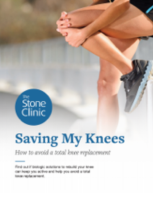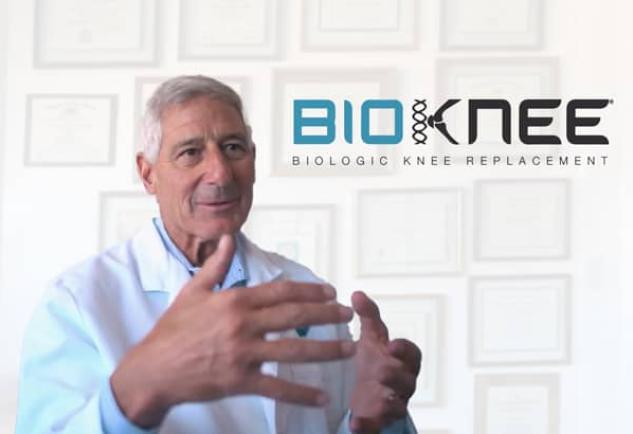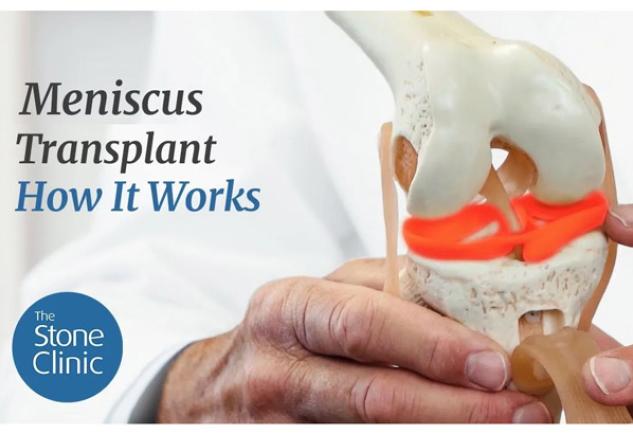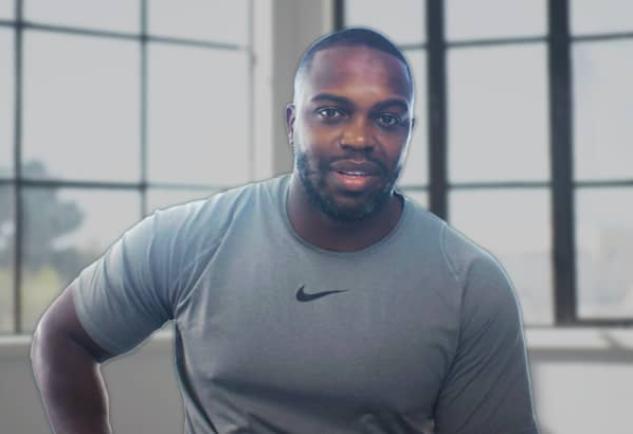Meniscus Transplant Center
For over 30 years, he and his team have specialized in giving people back their vital meniscus shock absorbers, keeping the knee moving naturally and reducing the likelihood of a total knee replacement.
Meniscus Transplant Center
Meniscus transplant is a highly skilled procedure involving accurate diagnosis, acquisition of the perfect donor tissue, complex surgery, and specialized rehabilitation. The Meniscus Transplant Center is one of the few places in the world dedicated to this procedure.
In the past, if a meniscus was damaged beyond repair, it was simply removed. Nothing replaced it. Now we know better. Replacing a meniscus with donor tissue can delay or prevent the need for a knee replacement and possibly even prevent the onset of osteoarthritis. Long-term data confirms that a meniscus transplant relieves pain, improves function, and returns people to sports, even if they already have arthritis.
Meniscus Transplant Center services:
- Tissue acquisition: In-house inventory of the best meniscus tissue, including backup tissue, to eliminate delays in providing care.
- World-class surgical facilities: We partner with state-of-the-art ambulatory surgical centers and hospitals in San Francisco, where Dr. Stone’s team has performed over 4000 knee cases.
- Onsite physical therapy: Highly-specialized, dedicated protocols for the evaluation and rehabilitation of meniscus injuries to help ensure optimal outcomes.
- Measured outcomes: Careful evaluation of decades of meniscus transplantation data from The Stone Clinic and around the world.
What is a Meniscus?
Meniscus cartilage is vital to the healthy functioning of the knee joint. It provides cushioning between the thighbone (femur) and shinbone (tibia) and helps with shock absorption, stabilization, lubrication, and load distribution within the knee.
Why Replace the Meniscus?
Without the knee’s main shock absorber, the femur and tibia begin to rub together, damaging the protective layer of articular cartilage around the bones and causing osteoarthritis. By replacing the meniscus with donor cartilage, the patient can regain the natural “shock absorber” in the knee and experience many additional years of activity, even in the presence of arthritis.

Meniscus Transplants are Possible Even with Arthritis
If you already have arthritis, a meniscus transplant can be combined with an additional procedure (articular cartilage paste graft) to regenerate cartilage and rebuild the knee. Damaged ligaments may also be repaired or replaced. The combination of procedures is called a BioKnee® replacement.
Many of our meniscus transplant patients had moderate to severe arthritis and were told that they needed a total knee replacement. They didn’t. A BioKnee® replacement was enough to get them back to their sports.

About the Surgery
The surgical procedure of meniscus transplantation involves first removing the torn fragments of original meniscus cartilage, securely placing and attaching the meniscus transplant (enough to permit axial and rotational loads), and checking the placement to make sure the rest of the tissues in the knee are working properly with the new tissue. We developed the three-tunnel technique in the 1990s to ensure that the new meniscus replicates the original.
Our Meniscus Transplant Patient Stories
Meniscus transplant patients are competing in IronMan triathlons, skiing a hundred days a year, surfing, hiking, biking, and so much more. Hear directly from meniscus replacement patients about their recoveries, treatment experiences, and the sporting activities they are enjoying today.
Complimentary Virtual/ Phone Consultation
Patients from across the United States and around the world travel to the Meniscus Transplant Center at The Stone Clinic in San Francisco to have their knees biologically replaced by Dr. Stone. For those patients who do not live in the Bay Area, we offer a complimentary virtual consultation service.
To find out if a meniscus transplant is right for you, you may schedule a complimentary consultation in which Dr. Stone will personally review your injury via a Zoom video conference meeting or a phone call.
Our skilled, onsite physical therapists are specially trained in rehabilitation techniques for meniscus transplantation and our BioKnee surgical repairs to help our patients get back to an active lifestyle as quickly as possible.
Dr. Stone’s first contribution to meniscus replacement was the invention of the collagen meniscus implant to regrow segments of missing meniscus in the knee joint. Next, he turned his attention to refining the technique of complete meniscus replacement and developed the three-tunnel technique of meniscus transplantation.
Meniscus transplantation in an active population with moderate to severe cartilage damage Stone, KR, Pelsis, JR, Surrette, ST, Walgenbach, AW, & Turek, TJ (2014). Knee Surg Sports Traumatol Arthrosc.
A long-term study of 49 meniscus transplant patients found that athletes who replace their damaged or missing meniscus with donor tissue can recover well enough to get back to sports, for up to 15 years, even if they had already developed osteoarthritis.
Meniscal allografting: The three-tunnel technique Stone K.R., A.W. Walgenbach. 2003 "Meniscal allografting: the three-tunnel technique." Arthroscopy19 (4): 426-30.
This technical note describes an improved arthroscopic technique of meniscal transplantation that simplifies the surgical procedure and secures the allograft to the tibia at three sites. The technique is useful for both medial and lateral meniscal transplantation and has been used in our Clinic for hundreds of meniscal transplantation procedures.
Meniscal Sizing Based on Gender, Height, and Weight. Stone KR, Freyer A, Turek T, Walgenbach AW. Arthroscopy: The Journal of Arthroscopic and Related Surgery. May 2007:23(5):503-8.
Successful meniscus transplantation may depend on accurate sizing. In our meniscus transplantations, we have observed that when the height and weight of the recipient matched those of the donor, the meniscal size appeared to be a match at surgical implantation. We designed this study to confirm this observation.
Further Research Details Available Here

Dr. Stone is one of the world’s leading experts in meniscus transplantation and a pioneer of biologic orthopaedic techniques. For over 30 years, he and his team have specialized in giving people back their vital meniscus shock absorbers. The Meniscus Transplant Center at The Stone Clinic is an international destination for meniscus transplantation, dedicated to the diagnosis, surgical implantation, and rehabilitation of people in need of meniscus tissue. Dr. Stone is consistently recognized as the country’s top 75 knee surgeons1.
He is a physician for Smuin Ballet and has served as a physician for the U.S. Ski Team, the U.S. Pro Ski Tour, Lawrence Pech Dance Company, Marin Ballet, the modern pentathlon at the U.S. Olympic Festival, and for the United States Olympic Training Center. He's been featured on Good Morning America, the Ologies podcast, and the Star Talk podcast hosted by Neal deGrasse Tyson. He is also the best-selling author of the book Play Forever.





